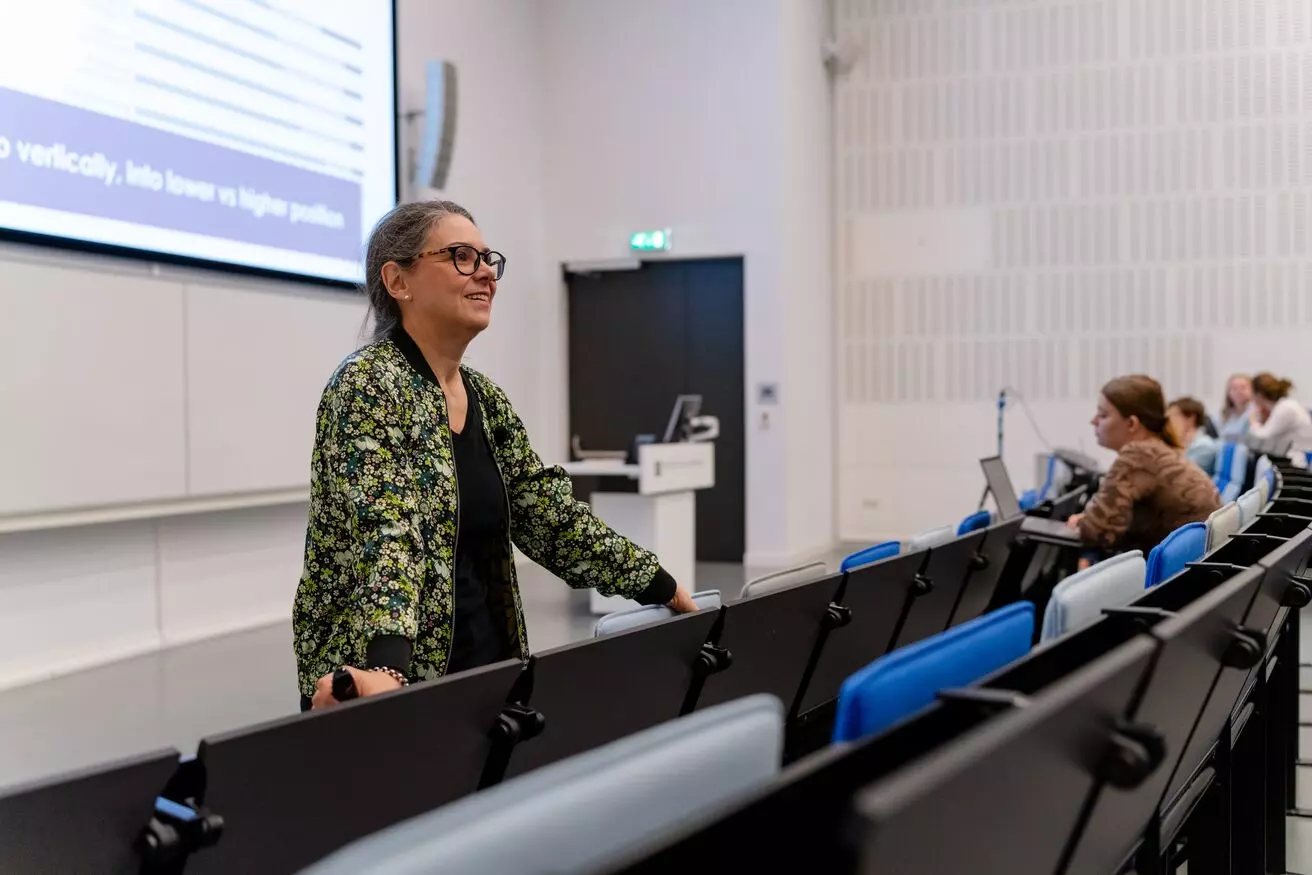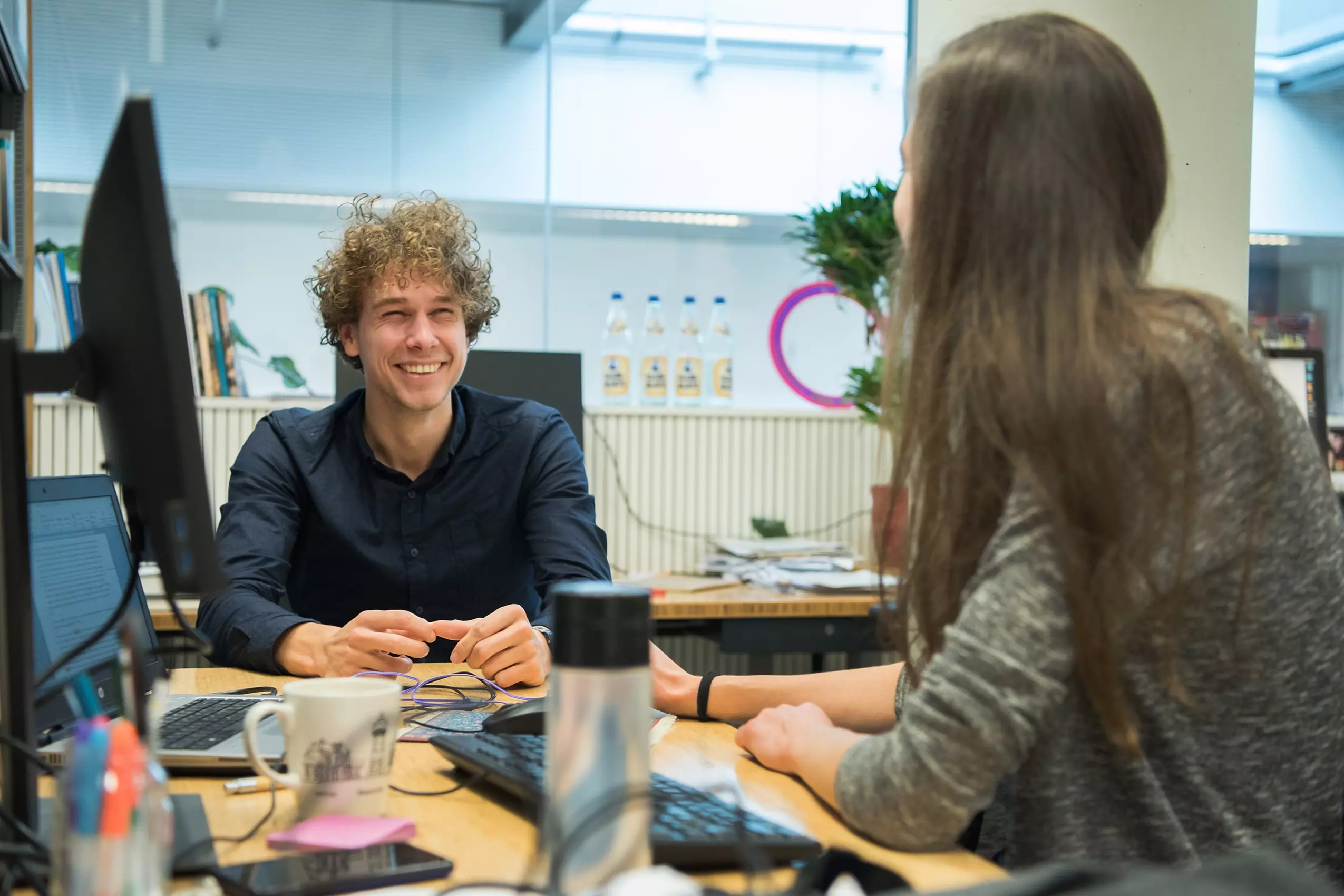This website uses cookies
We, and third parties, use cookies on our website. We use cookies to ensure that our website functions properly, to store your preferences, to gain insight into visitor behavior, but also for marketing and social media purposes (showing personalized advertisements). By clicking 'Accept', you agree to the use of all cookies. In our Cookie Statement. you can read more about the cookies we use and save or change your preferences. By clicking 'Refuse' you only agree to the use of functional cookies.
Not found

More vacancies

Lecturer Digital Marketing
- Faculty of Economics and Business
- €4.728 - €7.297
- PhD
- Closes on19-03-2026
The Amsterdam Business School invites applications for a teaching position in the department of Marketing. The appointment will be for a full-time or part-time position as Senior Lecturer in Digital Marketing. We seek candidates with strong teaching credentials who can coordinate, design, and deliver courses in our BSc, MSc, and executive programs. The preferred start date is 1 September 2026.
View vacancy

PhD Position: HCI and Inclusive Urban Mobility - University of Amsterdam
- Faculty of Science
- €3.059 - €3.881
- Master's
- Closes on15-03-2026
Join an ambitious, multidisciplinary project at the crossroads of interaction and urban design, where your research can bring novel contributions to inclusive city-making! This position is part of the NWO-funded research project BEAT (Building Equitable Accessibility Together).
View vacancy

Postdoctoral Researcher in Natural Language Processing
- Faculty of Science
- €3.546 - €5.538
- PhD
- Closes on15-03-2026
A three year postdoctoral position in NLP on a prestigious ERC Consolidator Grant in a great interdisciplinary institute in Amsterdam.
View vacancy
